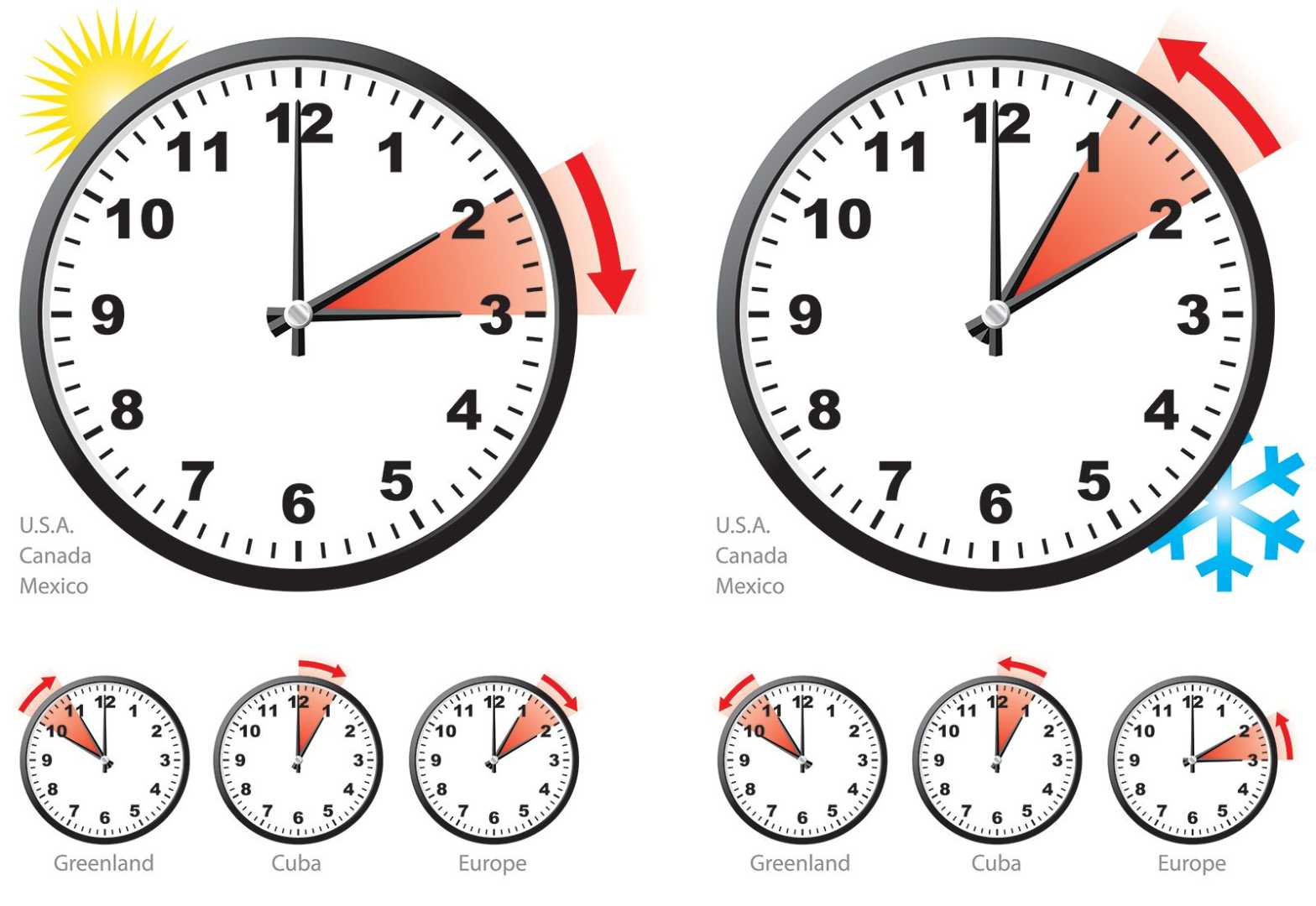News
Daylight Saving Time Controversy: Why Americans Still Change Their Clocks

The practice of changing clocks for daylight saving time (DST) continues to spark debate across the United States. While most of the U.S. adjusts their clocks, residents of Hawaii and Arizona do not participate. Annually, DST starts on the second Sunday in March and ends on the first Sunday in November. As a result, on November 3, most Americans will set their clocks back an hour at 2 a.m.
The concept of DST was first introduced during World War I to conserve energy, with President Woodrow Wilson enacting it under the Standard Time Act in 1918. However, the Act was repealed a year later. DST was reintroduced in World War II under President Franklin Roosevelt as “war time.” The Uniform Time Act of 1966 then standardized time across the U.S., although states could opt out, a choice that Arizona and Hawaii have since taken.
An enduring debate surrounds the twice-yearly clock change. Many states have proposed legislation to adopt daylight saving time permanently, a concept pushed forward by Senator Marco Rubio with the “Sunshine Protection Act.” Rubio initially introduced the legislation in 2022, and it passed unanimously in the Senate but stalled in the House. The bill was reintroduced in 2023 but has seen little progress.
There is a growing preference for year-round standard time, citing studies that suggest it aligns better with human biological clocks. Research published in Cell Press found time changes disrupt sleep patterns, and the University of Michigan observed a 24% increase in heart attacks following the spring shift to DST.
In California, Proposition 7 was passed in 2018 to allow state lawmakers to change DST, conditional on federal approval. However, no changes have taken place, requiring a two-thirds legislative majority and federal consent to make it permanent.
Advocates for and against DST bring different arguments. Proponents claim it provides more daylight during traditional waking hours, while critics argue it disrupts natural sleep cycles and poses health risks.












